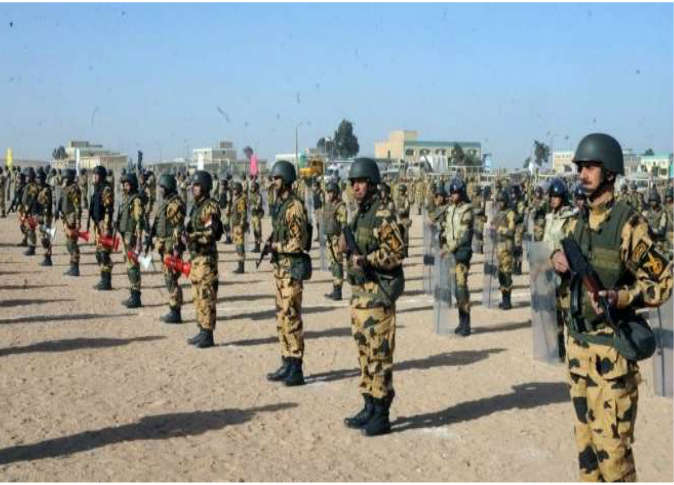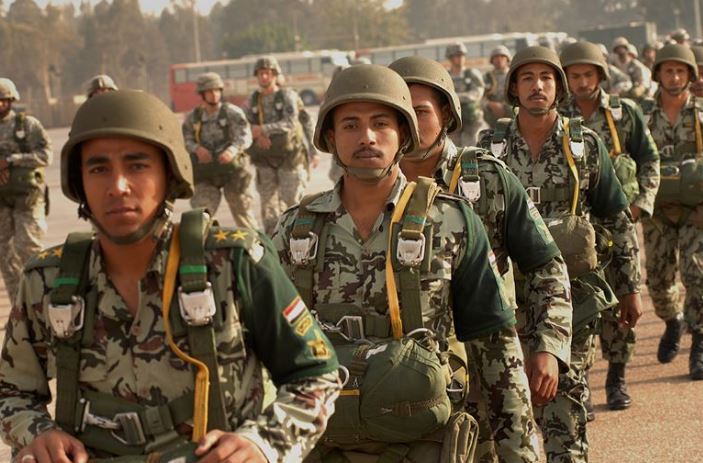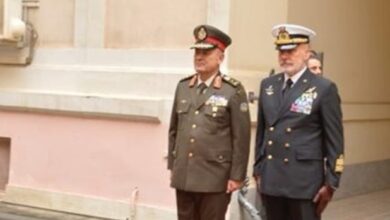A quick read of the current political scene suggests that there is some consensus on the need to minimize the remaining time of the transitional period as much as possible.
However, there is disagreement over the length of time needed for a safe handover of power to civilians and regarding the entity to which power should be transferred. There are several noteworthy propositions in this regard, each with its own set of justifications.
There are those who call for power to be handed over to the speaker of the new parliament, who should begin work within weeks following the conclusion of the third phase of parliamentary elections in mid-January.
Others, meanwhile, say that presidential elections should be held on the first anniversary of the 25 January revolution.
Yet a third group advocates a more gradual approach whereby power is first transferred to a presidential council, most of whose members are civilians, to supervise the remaining phase of the transition. The next step would be to hand over power to elected institutions after they are successfully built, as stipulated in the Constitutional Declaration.
Each of these suggestions has pros and cons.
Handing power over to parliament immediately has two advantages: First, the new president will be a better representative of the people since he is originally an elected MP. Secondly, this procedure will drastically shorten the transitional period.
However, on the downside, this suggestion requires the amendment of the Constitutional Declaration and hence, the approval of the ruling Supreme Council of the Armed Forces (SCAF). What’s more, the elected speaker may not necessarily be a member of the majority bloc in parliament.
It will also only provide a temporary solution since presidential elections will be conducted approximately two months after the transfer of power.
Holding early presidential elections has several advantages, the most important of which is the transfer of power to an elected civilian president. However, electing a president to power before formulating a new constitution to determine the nature of the overall political system —whether parliamentary, presidential or hybrid — could lead to instability and the need to hold new elections within a short period of time.
The third proposal, that of forming a presidential council, appears to be the only strategy in which the advantages outweigh the drawbacks. This suggestion ensures that the army will remain part of the political equation without entirely monopolizing it. It also provides the stability and time needed to continue building state institutions. This in turn will give government officials a chance to ease tensions prompted by the lack of security and social justice currently plaguing the state.
The suggestion that receives the support of political powers, particularly the SCAF and representatives of all parties, is undoubtedly the best.
The advisory council can also play an important role in this regard if the Muslim Brotherhood's Freedom and Justice Party and other figures join.
Translated from Al-Masry Al-Youm




